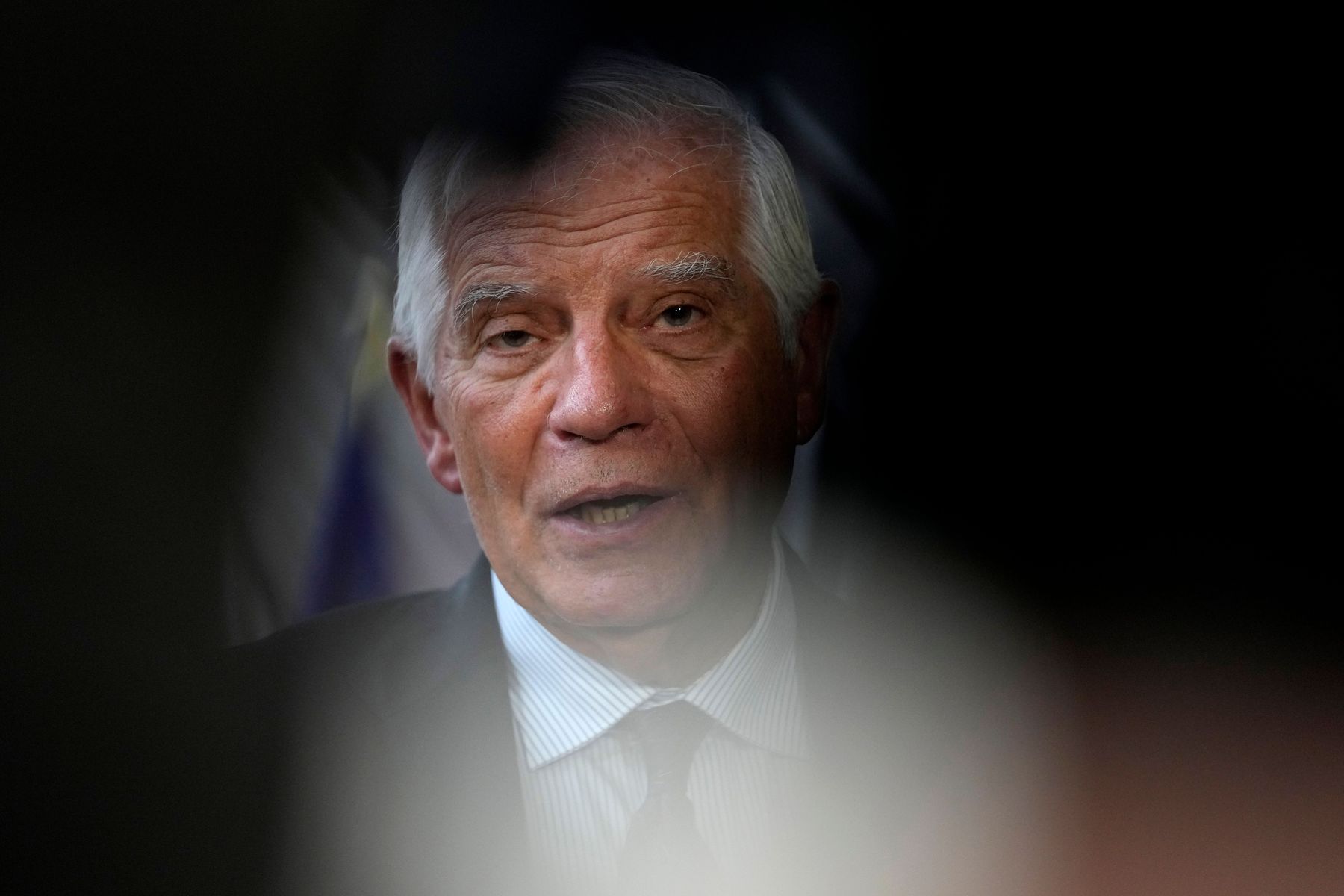
- At the opening ceremony of the European Diplomatic Academy, the diplomat of the European Union, Josep Borrell, carried out serious xenophobic and Eurocentric manifestations of a highly civilising character.

“Europe is a garden […], and the rest of the world is not exactly a garden. The rest of the world is the jungle, and the jungle can occupy the garden.” Josep Borrell, the European Union’s High Representative for Foreign Affairs and Security Policy, spoke with these words at the opening ceremony of the European Diplomatic Academy, inaugurated last week in Bruges (Flanders).
Faced with the Union’s future diplomats, the former Spanish Foreign Minister has stated that European “gardeners” have to intervene in the world and go to the “jungle”, calmly taking off the xenophobic and raw civilising discourse of the far right: "Gardeners have to go to the jungle. Europeans must commit themselves much more to the world. Otherwise, the rest of the world invades us in various ways and means."
To underline this need, the continent’s high representative with a past colonizer has praised the value of the European “garden”: "We've built a garden. Everything works. It's the best combination of political freedom, economic prosperity and social cohesion that humanity has built, all three things at once." To protect it, however, points out that the construction of “walls” is not enough, arguing that the forest has a “great growth potential”: "The walls will never be high enough to protect the garden."
“High enough” not, but the most deadly
In the words of the head of foreign policy in Europe, the building of walls "is not a solution to keep the jungle out", but the European Union's tendency towards the policies of recent years reflects a different mentality. Community investment in border management and control, for example, has increased fourfold from one budget period to another, from EUR 2.8 billion (2014-2020) to EUR 12.8 billion (2021-2027), and aims to provide the Frontex agency with 10,000 agents for five internal years.
The walls built as a result of these foreign policies are not "high enough" for which he is also Vice-President of the European Commission, despite the fact that the European borders that are already deadliest in the world are still more deadly each year. As an example of this, the process of militarisation of the hand of Frontex in the Mediterranean Sea caused 4,016 deaths on the reactivated Canary route last year, 116% more than in 2020, the highest figure ever.